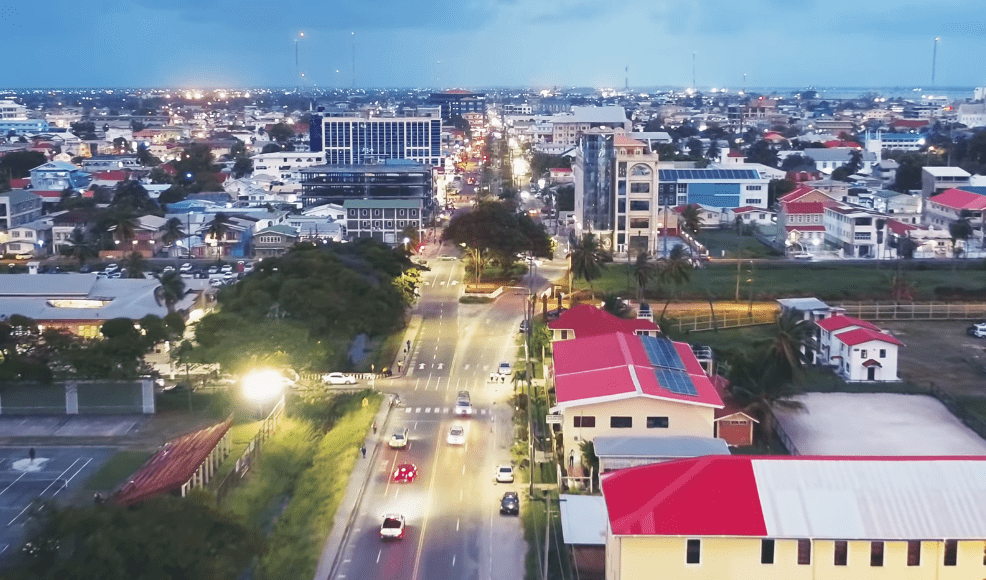Concerns about economic overheating in oil-rich Guyana were addressed head-on by economist Richard Rambarran last week at the Offshore Technology Conference. He credits strong fiscal discipline and targeted investments with keeping inflation low and macroeconomic fundamentals stable.
“Overheating refers to inflation rising too quickly without enough productive outlets in the economy,” Rambarran explained. “But when you look at Guyana’s inflation relative to global and regional levels, we’re well below both. This is not by accident, it’s the result of deliberate fiscal policy.”
He pointed to the Natural Resource Fund, Guyana’s version of a Sovereign Wealth Fund, as a critical mechanism. “Revenue from oil doesn’t go directly into the economy. It first enters the Fund and is then released into the Treasury in a staggered, controlled manner. This avoids flooding the economy with cash and curbs inflationary pressures.”
He noted that inflation over the past 16 quarters has consistently stayed below 4%, dipping to as low as 1.5% in some periods. “That level of price stability, particularly in the context of significant capital inflows from oil and gas, is quite telling. It points to a very deliberate and well-managed approach to macroeconomic policy.”
Addressing structural vulnerabilities, Rambarran noted the importance of building domestic productive capacity. “One of the traditional symptoms of overheating is an overreliance on imports… In Guyana’s case, what we’ve seen is not just spending for the sake of spending, but strategic investment in sectors like agriculture, manufacturing, and services.”
He argued that these investments are key to absorbing the momentum from oil wealth. “When you invest in agro-processing, you’re not just feeding the local market—you’re building value chains, supporting small and medium enterprises, and expanding export potential.”
Guyana “hell-bent” on avoiding mistakes of other oil producers to prevent Dutch Disease | OilNOW
On monetary policy, Rambarran praised the country’s restraint. “While fiscal policy tends to dominate discussions in resource-rich economies, our monetary policy has remained prudent. Interest rates, foreign exchange reserves, and the overall health of our financial sector have all remained strong.” He also expounded on overheating beyond inflation alone. “It’s also about the pace at which infrastructure is built, the absorption capacity of our institutions, and the ability of the workforce to meet new demands. So far, the evidence shows that Guyana is scaling up responsibly.”
In response to a direct question on managing overheating, Rambarran laid out a clear formula: “Controlled, phased spending through mechanisms like the Sovereign Wealth Fund; strategic investment in non-oil sectors to diversify the economy; continued responsiveness to global economic shifts through tax and trade policy; and capacity building—both in terms of infrastructure and human capital.”
“Guyana is not immune to the risks of overheating,” he concluded, “but I think we are uniquely positioned to manage it well, particularly with the frameworks and strategies we already have in place.”



